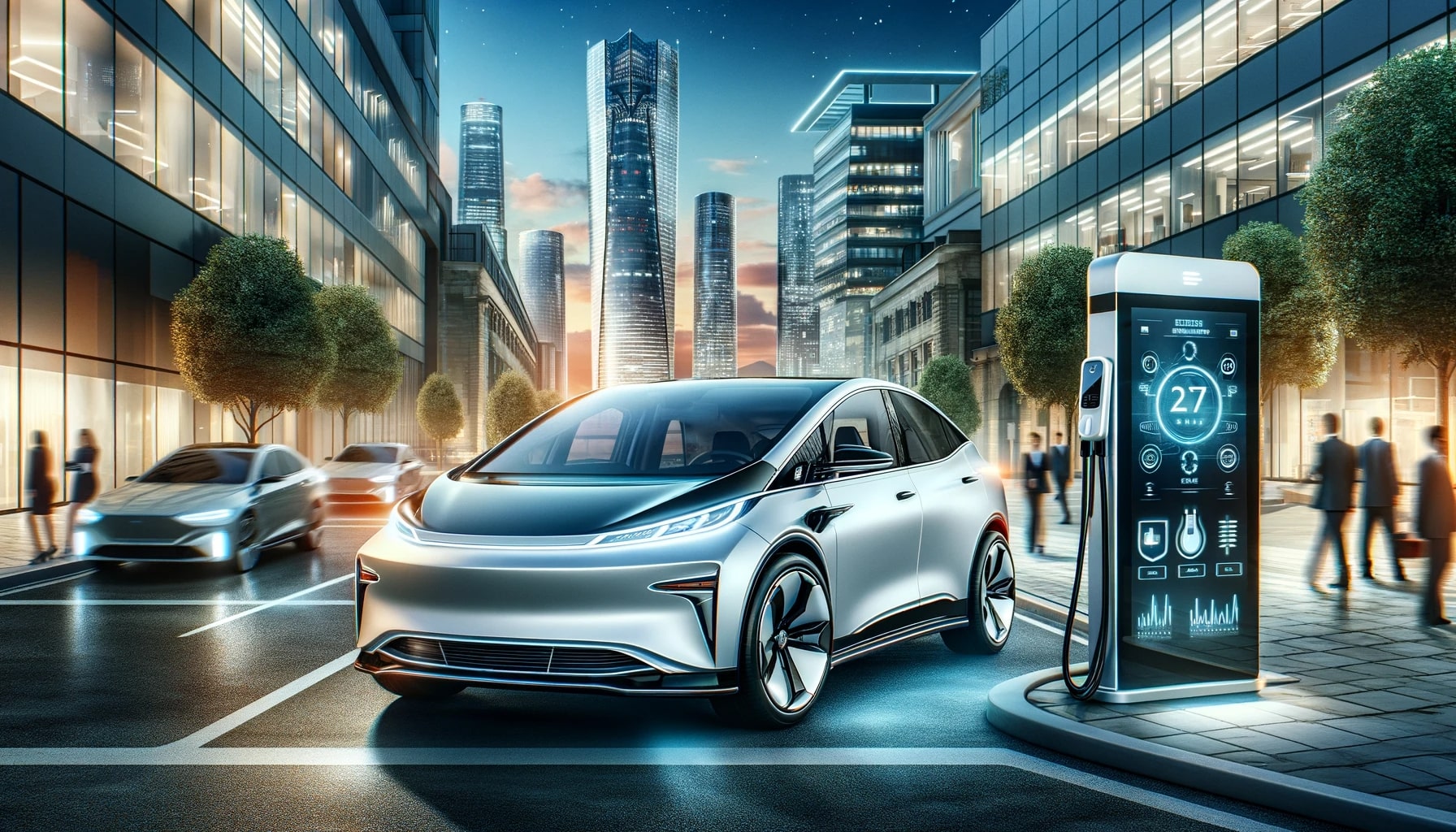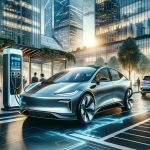In response to the electrification movement in India, Hyundai Motor Company and its subsidiary, Kia Corporation, have marked their commitment through a strategic partnership with Exide Energy Solutions Ltd., signifying a major step into India’s burgeoning electric vehicle (EV) market. By signing a Memorandum of Understanding (MOU), the South Korean automotive giants intend to localize battery production, specifically focusing on lithium-iron-phosphate (LFP) cell technology, a move that could catalyze the adoption of EVs in India. The companies plan to incorporate these locally produced batteries into their upcoming electric models, tailored for the Indian consumer base.
The pursuit of battery production in India by Hyundai and Kia is not unprecedented in the automotive industry. Previously, other global players have recognized India’s potential as a vital market for EVs. Tesla, for instance, has shown interest in the Indian market, as highlighted by CEO Elon Musk’s remarks on the natural progression of Tesla’s global expansion. The Indian government’s updated EV import policy encourages foreign investment and local production, aligning with Hyundai and Kia’s latest venture. Moreover, Exide Industries’ established presence and recent focus on lithium-ion battery technology through its subsidiary aligns with the long-term strategies of global manufacturers seeking collaborations to localize production in emerging markets.
Why Choose India for EV Battery Production?
India’s role as a critical market for vehicle electrification is underscored by the government’s ambitious carbon neutrality goals, which create a demand for cost-effective, localized battery production. Hyundai Motor and Kia, by collaborating with Exide Energy Solutions Ltd., plan on establishing a competitive edge by equipping their future EV models with batteries produced within the country. This localization strategy is not only expected to reduce costs but also aligns with broader industry trends where market leaders seek to minimize dependency on international supply chains and cater to regional demands. The selection of India as a production hub for EV batteries by Hyundai and Kia reflects the country’s strategic importance in the global EV narrative.
What Are the Technical Aspects of the Partnership?
The technical focus of the Hyundai-Kia and Exide partnership is on LFP batteries, which are known for their safety and long cycle life—qualities that are essential for the Indian market’s varying climate and driving conditions. Furthermore, a scientific paper published in the Journal of Power Sources, titled “Life cycle environmental impact of high-capacity lithium iron phosphate batteries for electric vehicles,” provides insights into the environmental benefits of LFP batteries. These batteries show a lower environmental impact compared to other lithium-ion technologies, reinforcing the strategic decision of Hyundai and Kia to opt for LFP cell production for their upcoming EV models in India and supporting the broader goals of sustainability and reduced carbon footprint in the automotive industry.
How Will This Strategic Move Impact the Market?
The initiative by Hyundai and Kia to produce EV batteries in India is poised to ripple through the market, potentially influencing consumer adoption rates and encouraging other manufacturers to consider India as a key location for EV-related investments. The partnership stands to enhance the entire EV ecosystem in India, from material sourcing to end-user affordability, while also positioning Hyundai and Kia as frontrunners in India’s electric mobility transition.
Useful Information for the Reader:
- Hyundai and Kia’s partnership with Exide Energy can lower EV costs in India.
- LFP batteries are chosen for their safety and sustainability benefits.
- India’s updated EV policy encourages localization, matching Hyundai-Kia’s plans.
The concerted efforts by Hyundai and Kia towards localizing EV battery production in India mirror the nation’s own ecological and economic objectives and could serve as a significant driver for the Indian EV market‘s growth. By aligning with a local powerhouse like Exide Energy Solutions Ltd., the companies not only secure a competitive advantage in terms of cost but also conform to the Indian government’s vision of promoting local manufacturing. This strategic decision exemplifies a synergy between international automotive expertise and local market potential, promising a future where electric mobility is both accessible and sustainable for the Indian consumer. The success of this venture could also inspire similar collaborations in other emerging markets, thereby accelerating the global transition to electric vehicles.










